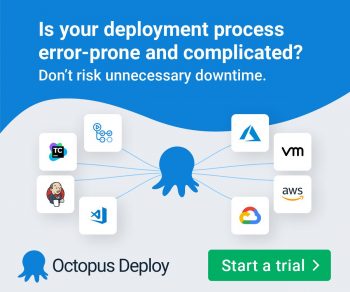I think we can cut right to the chase because nobody wants to hear anymore how many data records were hacked and leaked in recent years, we all know it’s bad, pretty bad. Much more interesting is: What can we do against it? The old ways of doing things aren’t going to suffice. Encryption, that critical component of data security, must evolve. And there is already evidence that it does, you just have to know where to look.
But let’s step back for a minute and look at what encryption is supposed to do: Itis meant to guarantee the security of data in transit and at rest so that even if your system is breached, a bad actor won’t be able to get to that sensitive data. Sounds good right?
But you might have already guessed that there is an issue: Traditional encryption approaches, such as deterministic encryption or secure enclaves, require decrypting the data in the cloud or at the database level to allow read and write access, creating gaps in security for malicious insiders and hackers to access sensitive information. While encryption is designed to keep unauthorized entities from accessing or understanding the data, it can also sometimes prevent the owner of that data from being able to use it, too. And what’s more, these legacy encryption schemes are buckling under the strain of scale with increased performance and storage requirements.
Here is where next-gen encryption kicks in: What’s needed is a fully encrypted approach, one that’s scalable and puts the user in full control. Businesses need an approach that enables them to move their data freely without having to hand over encryption keys to the data host or solution provider, sacrifice performance and storage, or decrypt data. New encryption schemes (to name just two: Fully Homomorphic Encryption (FHE) and Searchable Symmetric Encryption (SSE)) flip the old models on their heads. But you have to consider a few things:
- Knowledge is key!
Business leaders certainly don’t need to be cryptography experts. When it comes to navigating the next-gen encryption journey, there are many resources available to help. Take the time to research and talk to various companies to break down the complexity; education and communication are key to the process. You must be familiar with the very basics of encryption to make a sound decision, but you don’t have to become an expert. This will help you in the decision-making process, with internal communication, and lay the foundation for being prepared against future attacks or human errors.
- Cryptography is an enabler!
It isn’t a panacea. It can be a business enabler, not just a necessary evil. But if it’s not built-in from day one, it will be costlier (both financially and timewise) along the way and can have significant consequences in terms of loss of revenue, reputational damage and more. With cryptography, your brand image will improve, and your customers will have more confidence in your abilities – and you’ll be able to focus more on your daily operations rather than having to focus on hacks and leaks all the time. Just keep in mind that if wrongly approached, cryptography can also harm your business, so choose wisely.
- Understand your limitations and seek help where needed!
Once you’ve gotten a basic understanding of encryption and the various solutions, the decision to bake this into your company is a big step. Now it’s time to start moving forward in a realistic way. Don’t shoot for the moon; your first line of defense needs to fit in with your business needs and possibilities. There are great solutions out there that are affordable and are able to integrate without the need for you to be a cryptographer. You can’t and shouldn’t do this alone; companies that are specialized in the encryption field possess the necessary skills and knowledge to help.
Cybercriminals have changed their game, making data protection more difficult yet important than ever. That means encryption must also evolve. As you consider encryption solutions, keep in mind the three key factors so that you can make the best choice for your organization’s unique needs.

















